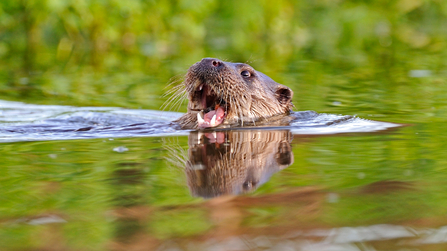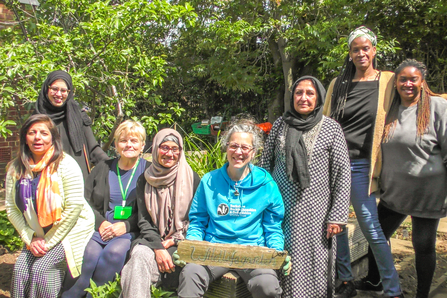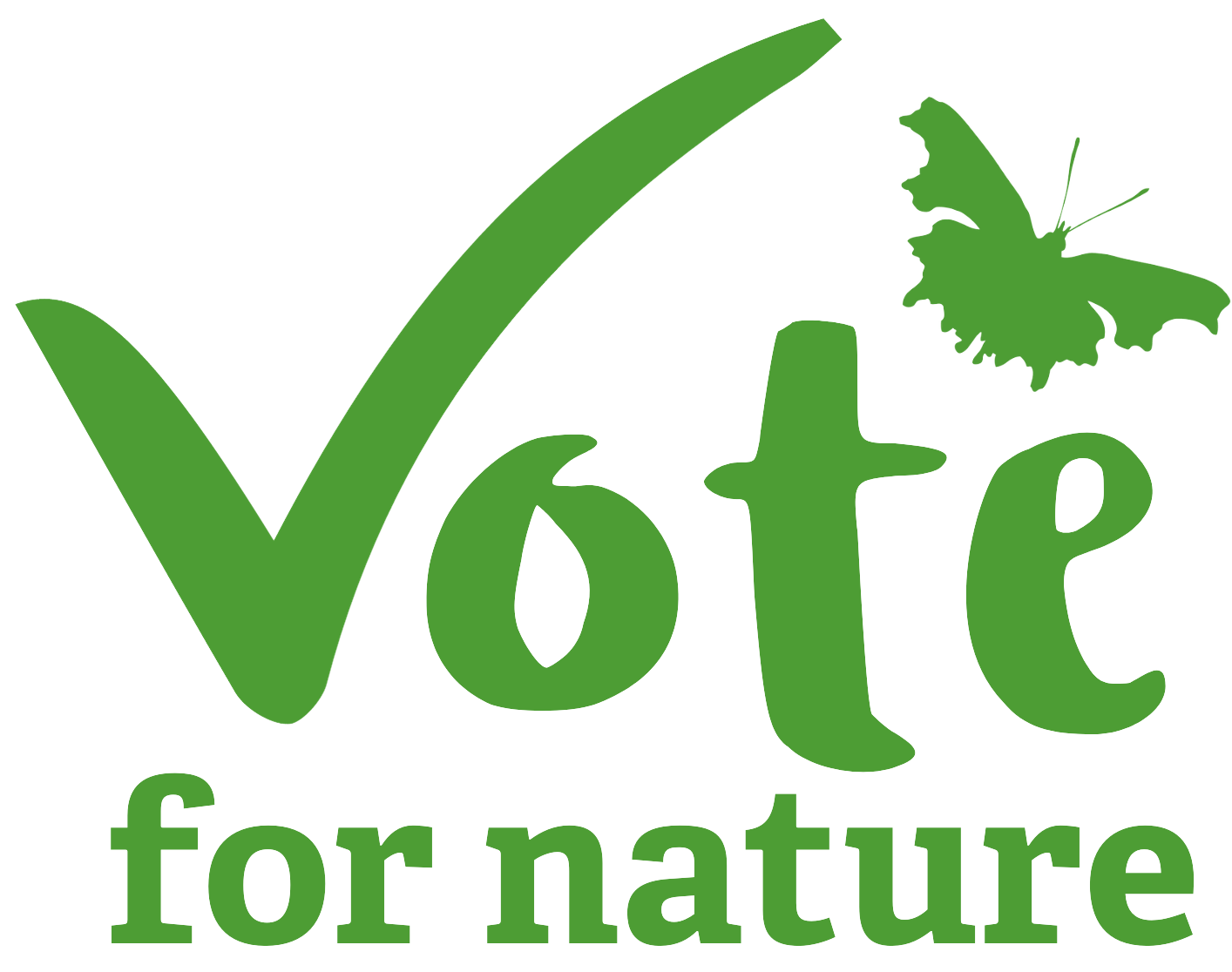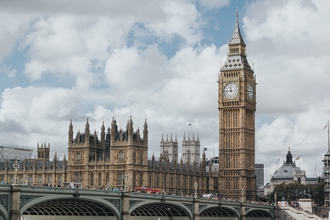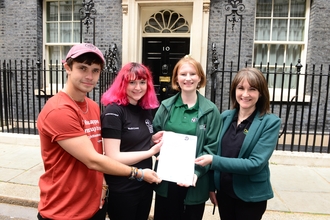As the country draws closer to a general election, we are regularly reminded of the increasingly urgent need to adopt more ambitious policies to protect nature and wildlife in the UK. The landmark 2023 State of Nature Report has shown that the UK – already classified as one of the world’s most nature-depleted countries in the world – is continuing to allow nature to decline.
Nature’s struggling right here in our three counties as well. Huge infrastructure projects like HS2, inappropriate development and intensive agriculture are all destroying wildlife on our doorstep.
This year, we have the chance to vote for a new government, and we need to ensure the environment is at the top of the agenda.
Encouragingly, recent surveys conducted by The Wildlife Trusts demonstrate a broad range of support for nature across the electorate, irrespective of voting choice. In order to translate this support into tangible change, BBOWT has issued its five election priorities in partnership with all the other Wildlife Trusts across the UK.
These priorities are targeted towards species recovery, addressing water pollution, funding wildlife-friendly farming, enabling healthy communities, and tackling climate change. We are urging all candidates in Berkshire, Buckinghamshire and Oxfordshire to sign up to these priorities.
Please ask your local candidates to sign up to them too, and whatever way you vote this year, remember to vote for nature.


